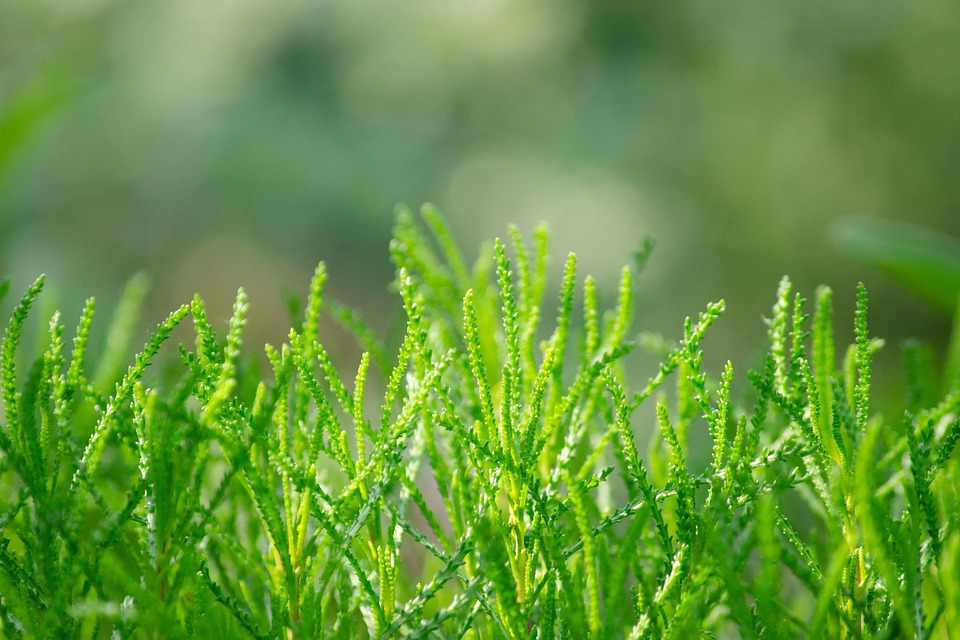Are you struggling to manage your A1C levels? You’re not alone, and there’s a natural way to tackle this. Your body can benefit immensely from herbs for lowering your A1C naturally. These remarkable gifts of nature can help you regain control over your health and well-being.
Contents
Understanding A1C: Why It Matters
Your A1C level is a crucial indicator of your blood sugar control over the past two to three months. It reflects how well your body manages glucose, which is vital for overall health. Elevated A1C levels can lead to serious complications, including heart disease, kidney damage, and nerve issues.
By understanding what affects your A1C, you can take proactive steps toward a healthier life. This is where herbs come into play, offering a natural, supportive approach to managing those numbers.
The Power of Nature: Herbs that Help
Let’s dive into the specific herbs that can help lower your A1C naturally. These herbs are not just flavorful additions to your meals; they carry powerful health benefits.
1. Cinnamon
Cinnamon isn’t just for your morning coffee. This spice has been shown to improve insulin sensitivity, which can help lower your A1C levels.
- How to Use: Sprinkle cinnamon in oatmeal, smoothies, or yogurt.
- Research Insight: A study published in the Journal of the American College of Nutrition showed that cinnamon could significantly reduce fasting blood glucose levels.
2. Bitter Melon
Bitter melon is often used in traditional medicine and is gaining recognition for its blood sugar-lowering properties.
- How to Use: Try it in stir-fries or juices. It has a bold flavor that adds depth to your dishes.
- Research Insight: Studies indicate that bitter melon may mimic insulin, helping to lower blood sugar levels effectively.
3. Fenugreek
Fenugreek seeds are rich in soluble fiber, which can help manage blood sugar levels by slowing down carbohydrate absorption.
- How to Use: Incorporate fenugreek into your cooking, or take it in supplement form.
- Research Insight: Research from the American Journal of Clinical Nutrition suggests that fenugreek can help improve glucose tolerance.
4. Ginger
Ginger is not just a soothing tea; it’s a powerhouse herb for managing blood sugar levels.
- How to Use: Add fresh ginger to your meals or steep it for a calming tea.
- Research Insight: A comprehensive review in Metabolism found that ginger can significantly lower fasting blood glucose levels.
5. Turmeric
Turmeric’s active compound, curcumin, is known for its anti-inflammatory properties. It can also enhance insulin sensitivity.
- How to Use: Use turmeric in curries, smoothies, or golden milk for a delicious health boost.
- Research Insight: Studies published in Diabetes Care show that curcumin can improve glycemic control.
6. Berberine
Berberine is a compound found in several plants and has been extensively studied for its blood sugar-lowering effects.
- How to Use: Available in supplement form, berberine is potent and can be a game-changer for your A1C.
- Research Insight: A meta-analysis in Metabolism indicated that berberine can lower blood sugar and improve lipid metabolism.
7. Holy Basil
Holy basil, or Tulsi, is revered in Ayurvedic medicine and may help in managing stress-induced blood sugar spikes.
- How to Use: Brew it as a tea or add it to salads for a fresh flavor.
- Research Insight: Research published in the Journal of Ethnopharmacology indicates that holy basil can lower blood sugar levels and reduce stress.
How to Incorporate These Herbs into Your Life
Integrating these herbs into your daily routine doesn’t have to be complicated. Here are some practical tips:
- Start Small: Pick one or two herbs that resonate with you. Incorporate them into your meals and observe how your body responds.
- Create a Routine: Design a daily regimen that includes these herbs. Consistency is key to seeing results.
- Listen to Your Body: Everyone’s body is different. Pay attention to how you feel and adjust accordingly.
Additional Lifestyle Changes for Better A1C Management
While herbs can be incredibly beneficial, they work best when combined with a holistic approach to health. Here are some lifestyle changes to consider:
- Balanced Diet: Focus on whole foods—vegetables, lean proteins, and healthy fats.
- Regular Exercise: Aim for at least 150 minutes of moderate exercise each week. Movement helps improve insulin sensitivity.
- Stress Management: Engage in activities like yoga, meditation, or deep-breathing exercises to manage stress effectively.
Consult with a Professional
Before making significant changes to your diet or incorporating new herbs, consult with your healthcare provider. They can help you tailor a plan that suits your specific needs and health conditions.
Bottom Line
Incorporating herbs for lowering your A1C naturally isn’t just a trend; it’s about reclaiming your health and feeling vibrant in your body. From cinnamon to holy basil, these herbs offer a flavorful, effective way to support your journey toward better blood sugar control.
Take that first step today. Your body deserves it, and so do you!
FAQs
1. Are these herbs safe?
Yes, most herbs are safe when consumed in moderation. Always consult with a healthcare provider if you’re on medication or have health concerns.
2. How long does it take to see results?
Results can vary. Some may notice changes within weeks, while others may take longer. Consistency is crucial.
3. Can I take herbs in supplement form?
Yes, many of these herbs are available as supplements. However, getting nutrients from whole foods is always preferable.
4. Can I combine these herbs?
Absolutely! Many of these herbs complement each other and can be used together for enhanced benefits.
Embrace the power of nature and watch your A1C levels respond positively. Your journey toward health and vitality starts now!








